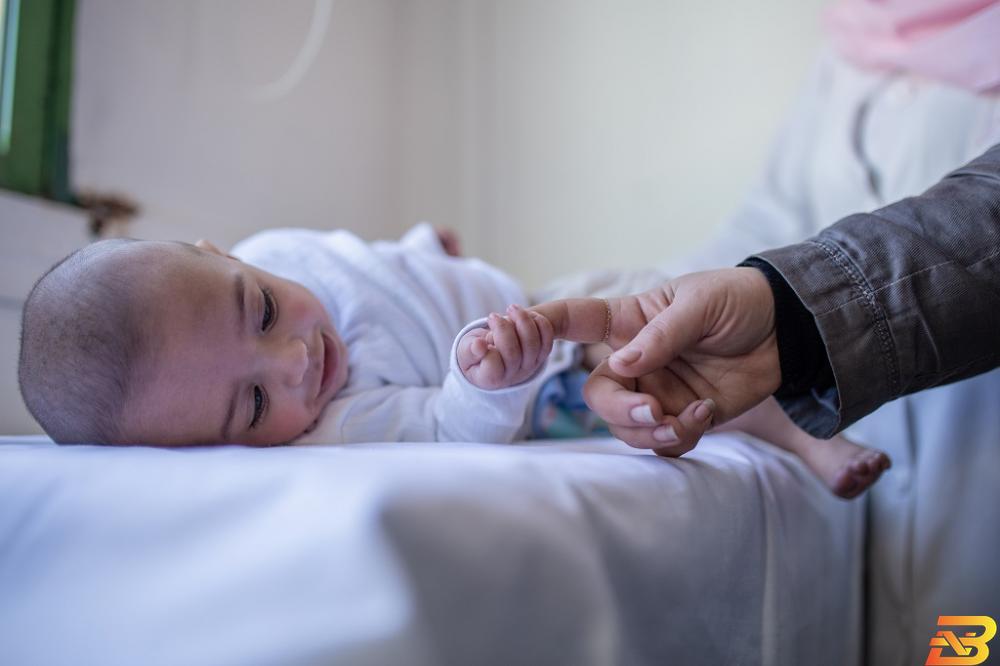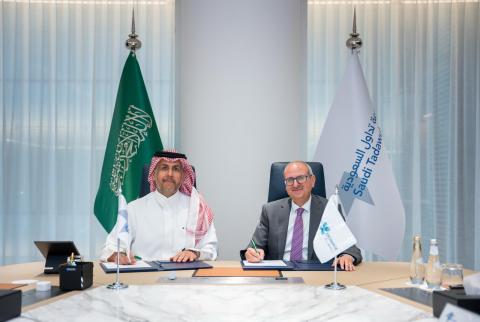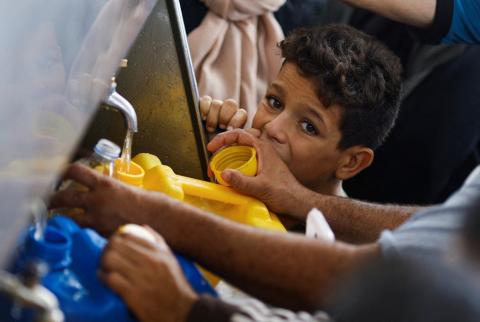
WASHINGTON-(BNEWS)- The World Bank announced today a US$10 million grant to support the Palestinian Authority (PA) in improving the quality, efficiency, and resilience of public health services.
Despite efforts to improve access to and quality of health care in the Palestinian territories, much remains to be done to improve the utilization of primary health care in West Bank. Access to reliable chronic disease care, particularly for cancers, is one of the most substantial drivers of the disease burden in Gaza. The Health System Efficiency and Resilience Project will help address these challenges.
“While government spending on health constitutes four percent of GDP, higher than many regional peers, the Palestinian healthcare system struggles to provide the care needed for all its citizens. The new World Bank-financed project intends to help ensure continuity of healthcare services, expand its coverage and build its resilience,” said Stefan Emblad, World Bank Country Director for West Bank and Gaza.
The continuing restrictions on movement and access, fiscal pressures, and escalations in violence continue to weaken the health system and its ability to deliver quality healthcare services. The Ministry of Health also depends on a system of outside medical referrals for providing tertiary-level services for patients for specialized health services. These referrals are driven by the unavailability of services in public facilities and constitute a substantial fiscal burden for the Palestinian Authority, crowding out spending on other essential health services and priority expenditures in other sectors.
The project will prioritize primary health care along with strengthening hospitals to maximize access and efficiency, contributing to a reduced financial burden for referrals while ensuring more timely access to treatment for the population. It will aim to address the prevention and treatment of priority non-communicable diseases, particularly hypertension, diabetes, and cancers at the primary care level, in areas with lower access. In parallel, the project will focus on strengthening the public hospital system with the procurement of targeted medical equipment for cancers, cardiovascular diseases, and maternal and newborn health. Crucially, the project will also contribute toward the establishment of radiotherapy services in Gaza, which is a major bottleneck for the treatment of cancer patients in Gaza.
The project represents the continuation of the World Bank’s long-term operational and technical support to strengthen the Palestinian health system. “Health sector funding needs remain substantial. The World Bank will work in close coordination with development partners to ensure complementarity and avoid overlap, improving the sustainability of health sector financing by reducing outside medical referrals expenditures,” added Emblad.







